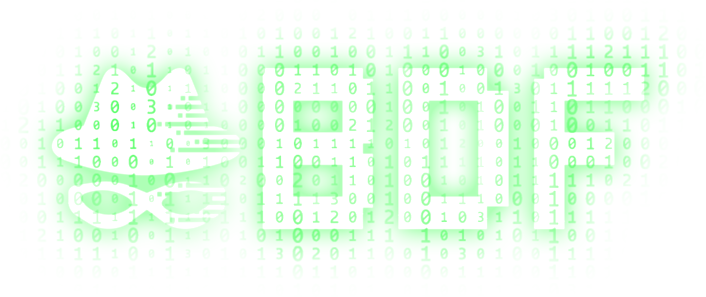- Регистрация
- 21.07.20
- Сообщения
- 40.408
- Реакции
- 1
- Репутация
- 0
A new PwC study found that blockchain technology through its wide range of use cases will potentially add $1.76 trillion to the global gross domestic product in the next 10 years. It would make 1.4% of the global GDP in 2030.
The report states that increasing interest in blockchain technology is primarily due to the need for a more efficient system that can integrate trust in processes that depend on intermediaries. In another survey, PwC found that more than 50% of the CEOs believed the faltering trust in the business process was affecting their organization.
According to PwC, blockchain will help organizations verify contracts, identity documents, certificates, records and agreements.
PwC economists assessed the potential of blockchain across various industries ranging from healthcare, government and public services, manufacturing, finance, retail and logistics. They expect that a majority of businesses in these industries will use blockchain technology in one form or the other by 2025.
They found that provenance, payments and financial instruments, identity, contracts and disputes resolution and customer engagement will be the top five use cases of blockchain in the next 10 years.
Blockchain’s use for provenance alone is expected to add $962 billion to the global GDP. Payments and financial instruments may potentially add $433 billion while the other three are expected to have an impact of $224 billion, $73 billion and $54 billion, respectively, over a decade.
By the end of 2021, blockchain will add $66 billion to the global economy. The report estimates that blockchain's impact will increase 6.5 times by 2025, taking the valuation to $422 billion.
By 2030, China and the United States are expected to add $440 billion and $407 billion to their GDP through the expansion of the use of blockchain, while Germany, India, Japan and the United Kingdom will be the other top hubs of blockchain innovation.
The report states that increasing interest in blockchain technology is primarily due to the need for a more efficient system that can integrate trust in processes that depend on intermediaries. In another survey, PwC found that more than 50% of the CEOs believed the faltering trust in the business process was affecting their organization.
According to PwC, blockchain will help organizations verify contracts, identity documents, certificates, records and agreements.
PwC economists assessed the potential of blockchain across various industries ranging from healthcare, government and public services, manufacturing, finance, retail and logistics. They expect that a majority of businesses in these industries will use blockchain technology in one form or the other by 2025.
They found that provenance, payments and financial instruments, identity, contracts and disputes resolution and customer engagement will be the top five use cases of blockchain in the next 10 years.
Blockchain’s use for provenance alone is expected to add $962 billion to the global GDP. Payments and financial instruments may potentially add $433 billion while the other three are expected to have an impact of $224 billion, $73 billion and $54 billion, respectively, over a decade.
By the end of 2021, blockchain will add $66 billion to the global economy. The report estimates that blockchain's impact will increase 6.5 times by 2025, taking the valuation to $422 billion.
By 2030, China and the United States are expected to add $440 billion and $407 billion to their GDP through the expansion of the use of blockchain, while Germany, India, Japan and the United Kingdom will be the other top hubs of blockchain innovation.

